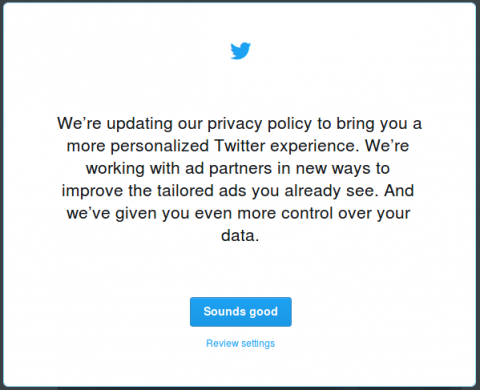I’ve Created a Monster!
"I’m a Facebook vegan. I won’t even use WhatsApp or Instagram because they’re owned by Facebook. That means I basically never get invited to parties; I can’t keep up with what’s going on in my daughter’s school; I can’t find my old school friends or participate in the online memorials when one of them dies. Unless everyone you know chooses along with you not to use Facebook, being a Facebook vegan is hard. But it also lets you see the casino for what it is and make a more informed choice about what technologies you depend on...
Your mobile device, your social media accounts, your search queries, and your Facebook posts— those juicy, detailed, revelatory Facebook posts—contain everything the NSA can possibly want to know about whole populations, and those populations foot the bill for its gathering of that information.
The adjacent possible made Facebook inevitable, but individual choices by technologists and entrepreneurs made Facebook into a force for mass surveillance. Opting out of Facebook is not a personal choice but a social one, one that you brave on your own at the cost of your social life and your ability to stay in touch with the people you love.
Frankenstein warns of a world where technology controls people instead of the other way around. Victor has choices to make about what he does with technology, and he gets those choices wrong again and again. But technology doesn’t control people: People wield technology to control other people."
